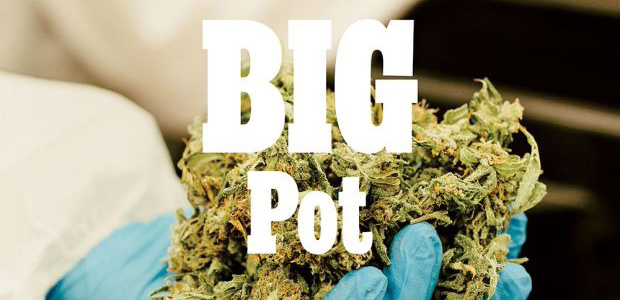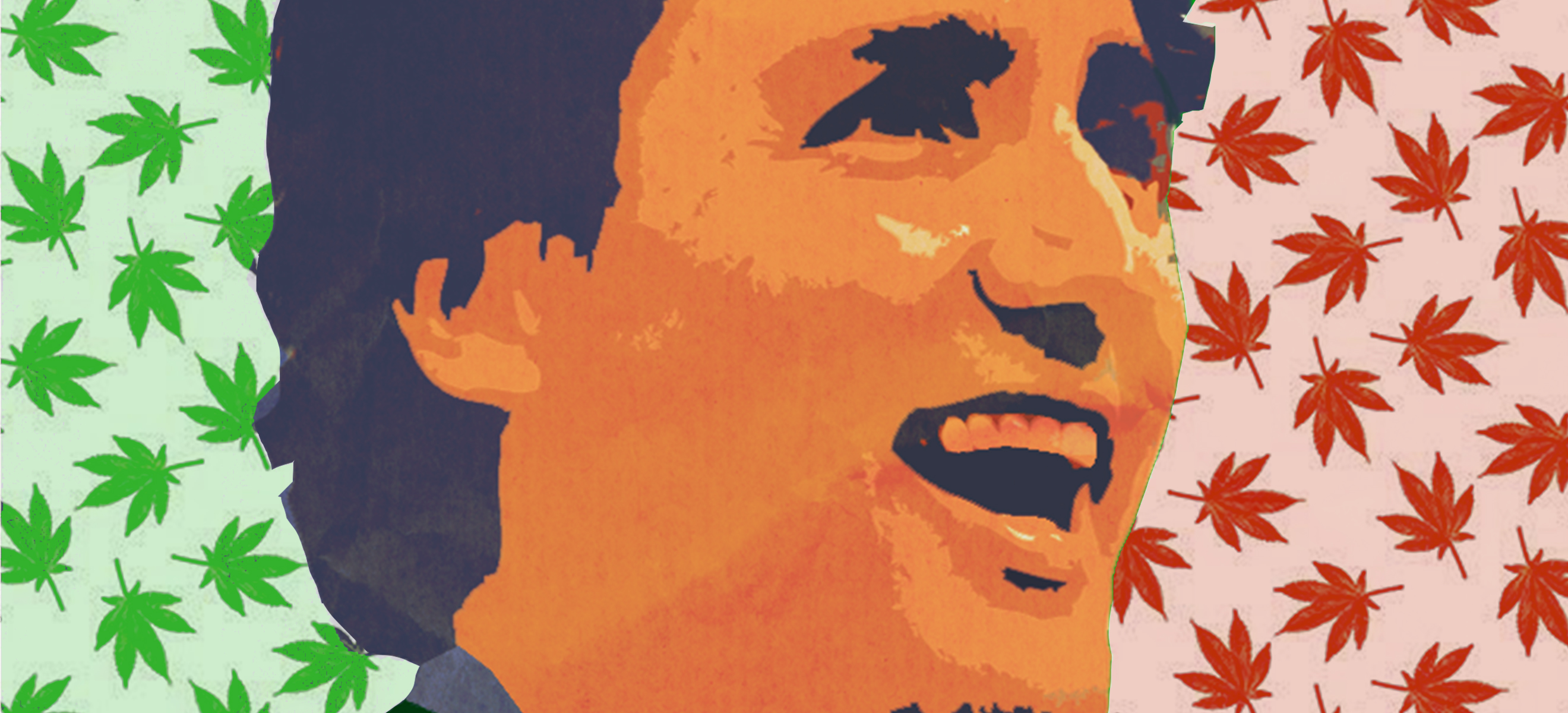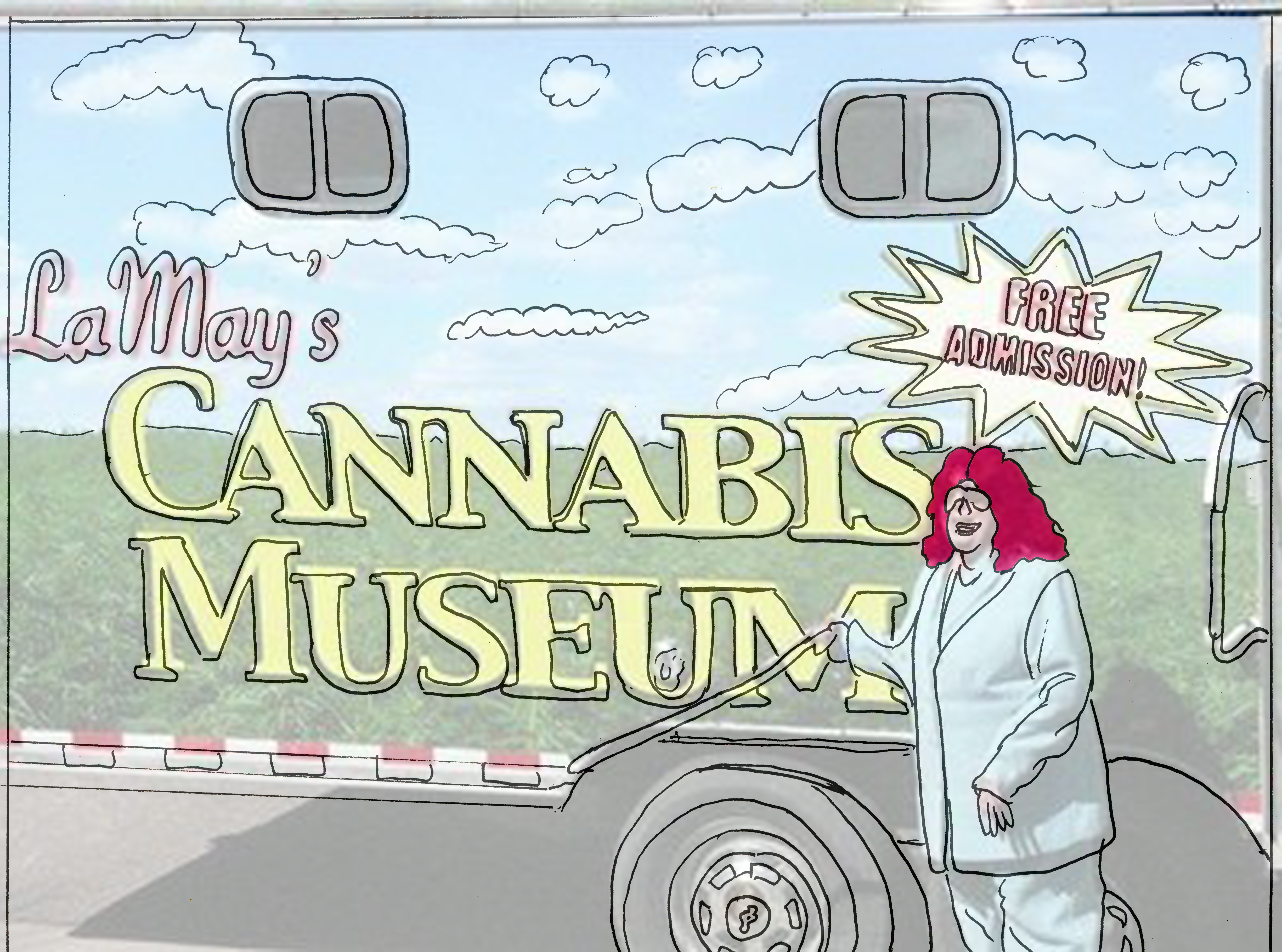Debra Harper
People have used cannabis in one form or another on this land before it was a country, and whether it was legal or not. A culture of cannabis devotees grew in large numbers in the 60’s, and still live amongst us, disguised as your collegue, boss, teammate, sister, dad, it could be any or all. It became visible to the mainstream in the mid-90’s with the advent of the internet, a new dedicated magazine, hemp stores, compassion clubs, but many outsiders never noticed, despite lots of media coverage of milestones and events, where stakeholders and supporters make the news.
These are the people who have been growing, breeding, and innovating all along, and improved and generally shaped how cannabis is today. Specialty information coming from science combined with anecdotal evidence from the culture, is producing the most optimized products needed from cannabis and the culture is always on the leading edge until the mainstream catches up years later by court order.
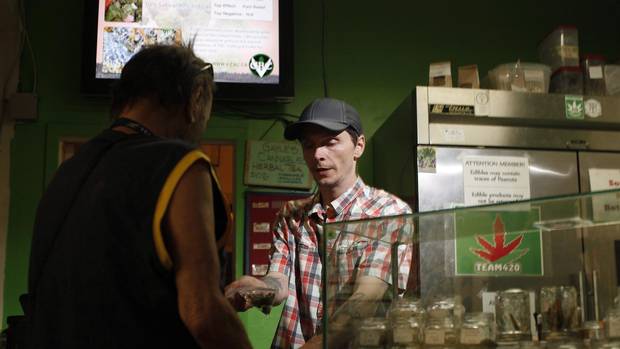 Compassion clubs opened in select urban areas in the country and these people personally educated patients who came to purchase products. Most offered several varieties of buds, topicals, edibles and other methods because they already possessed the knowledge that these different forms of cannabis were needed, and that is what patients grew accustomed to. In contrast, the government did not permit Licensed Producers (LP’s) to provide topicals or edibles until a dispensary baker was charged in 2009 with baking for patients and launched a constitutional challenge and years later, won in the Supreme Court of Canada in 2015.
Compassion clubs opened in select urban areas in the country and these people personally educated patients who came to purchase products. Most offered several varieties of buds, topicals, edibles and other methods because they already possessed the knowledge that these different forms of cannabis were needed, and that is what patients grew accustomed to. In contrast, the government did not permit Licensed Producers (LP’s) to provide topicals or edibles until a dispensary baker was charged in 2009 with baking for patients and launched a constitutional challenge and years later, won in the Supreme Court of Canada in 2015.
Again, the people who created the culture had to fight to the highest court in the land for a really basic common sense thing like offering creams and cookies to patients.
The government has now engineered a corporate system to fulfill it’s judicial obligations, and as every government before it, excluded the old time stakeholders, so the culture is running parallel with a mainstream government/corporate bemoth that is looking to profit from it one way or another.
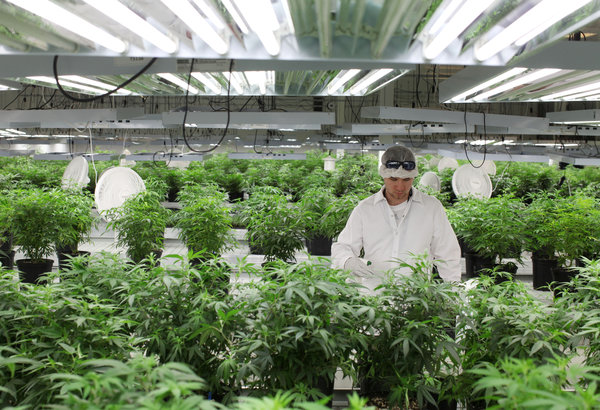 Some new enthusiasts to the cause have done very good things, such as the clinics that offer cannabis prescriptions to patients under existing health care coverage. This is opening up access to cannabis like never before, and once again, thanks to people in the culture who fought the government in court for their right to continue to grow their own medicine, as of August 2016, all patients under the current Marihuana for Medical Purposes Regulations (MMPR) will also have a choice to grow their own or continue purchasing from LP’s.
Some new enthusiasts to the cause have done very good things, such as the clinics that offer cannabis prescriptions to patients under existing health care coverage. This is opening up access to cannabis like never before, and once again, thanks to people in the culture who fought the government in court for their right to continue to grow their own medicine, as of August 2016, all patients under the current Marihuana for Medical Purposes Regulations (MMPR) will also have a choice to grow their own or continue purchasing from LP’s.
A percentage of people signing up for the MMPR are coming in from the culture for various reasons – travel and carry pot unrestricted in Canada, insurance coverage, legally growing their own and perhaps less stigma, but they generally don’t need to be educated.
Patients who are new to consuming cannabis can really benefit from knowing proper methods of inhalation, ingesting, choosing strains, how different forms of cannabis (buds, lotions and creams, tinctures, oils and baking) can benefit them the most.
Where can patients find this information? Under the current system, patients contact a Licensed Producer (LP) to place an order that is shipped to their home. There really is no interaction or educational resources offered.
Some following the “green rush” are offering counselling for sometimes hefty fees and very sparse cannabis credentials. Others offer both counselling and prescriptions for an even heftier fee in the $400 range.
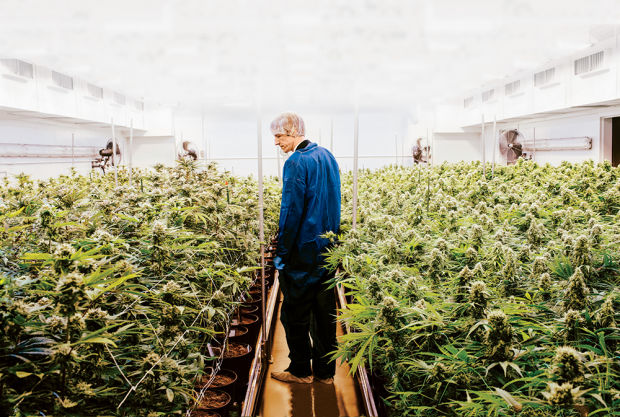 Some of the new corporate entities recognize the need to bridge the knowledge gap between them and the existing culture by hiring long time stakeholders in some capacity to better serve patients overall, especially those awarded contracts who had never grown a cannabis plant in their life.
Some of the new corporate entities recognize the need to bridge the knowledge gap between them and the existing culture by hiring long time stakeholders in some capacity to better serve patients overall, especially those awarded contracts who had never grown a cannabis plant in their life.
Many old time stakeholders who dropped the mantle for other pursuits, are returning to the fold and trying to find their rightful place in the shifting landscape of cannabis policy and the scheme of things. New corporate entities have to create profit, and often the new and old meld into one for mutual benefit, witnessed by the wide array of products and services available. There is much work to do and we need all knowledgeable hands on deck to ensure patients and consumers are getting the most beneficial regulation, quality-controlled products, and the choice to grow their own, just as they can make beer or wine.
Only one thing is certain and that is change is something we all have to get used to as the regulations are put in place, then shaped by Constitutional challenges, a change of government down the road, or public outcry. Bearing in mind, each province is responsible to some extent for distribution, provincial taxation level, age restrictions and other factors which will bring forth different laws in each province.
After over a decade of mostly stagnation, it is refreshing to see a shift occur, thanks mainly to Colorado and Washington, and an election promise of the government, though for every victory there are also setbacks. The momentum is here and if we all push the envelope together, we can create a society where all adults who choose, can grow and consume safe, affordable cannabis in a safe way, with or without a medical need.
Debra Harper

